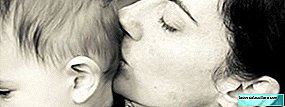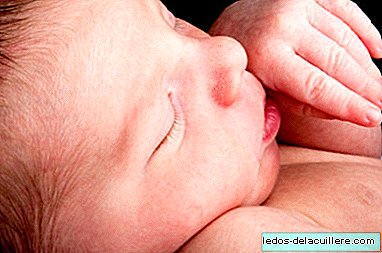
Postpartum depression is a disorder that affects the mother to a lesser or greater extent after giving birth. Recognizing it is very important to treat it properly, that's why a team of Spanish scientists has developed a test to predict 80% of postpartum depression cases.
It is a condition until recently quite underestimated, since it is easily confused with stress and extreme sensitivity to the arrival of the new baby.
It can range from a mild nostalgia known as "baby blues" to a very pronounced depression in which the mother is not able to take care of the newborn, even sometimes rejecting it. Early diagnosis of postpartum depression is key to preventing major illnesses for both the mother and the baby. To this end, scientists have developed a method, the most effective so far, through which you can detect "a diagnostic model of the disease with a predictive capacity of 80%, which is the best result obtained for this type of depressions. "
It is a combination of factors that are involved in the onset of postpartum depression such as genetics, hormones, personal status or environmental and family factors. Anyone can be the trigger for a deep sense of uneasiness, irritability and sadness, exacerbated when it comes to new mothers.
So, any method capable of preventing the situation, or at least detecting the possible cases of risk, is essential to treat the problem since the first symptoms appear.












